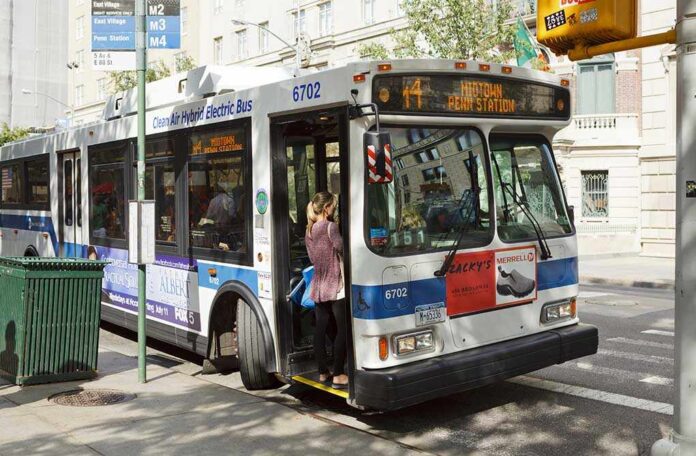Kamala Harris finally admits the Biden administration’s exclusion of Elon Musk and Tesla from the 2021 White House EV summit was a “big mistake,” exposing how political favoritism toward union allies undermined America’s actual EV innovation leader.
Story Highlights
- Harris publicly acknowledges Tesla’s exclusion from 2021 EV summit was a “big mistake”
- Biden administration favored unionized GM and Ford over Tesla, the actual EV market leader
- Political calculation prioritized Democratic union allies over American innovation and competitiveness
- Musk criticized administration’s refusal to recognize Tesla’s achievements for years
Harris Admits Strategic Political Blunder
Vice President Kamala Harris acknowledged on October 15, 2025, that excluding Tesla and Elon Musk from the Biden administration’s 2021 electric vehicle summit was a significant error. This marks the first time a senior administration official has publicly admitted the exclusion was wrong. Harris extended what she called an “olive branch” to Musk, signaling potential future collaboration. The admission comes after years of criticism that the snub was politically motivated rather than merit-based.
"‘Big Mistake’: Kamala Harris Extends Olive Branch To Elon Musk After EV Summit Snub" – Daily Caller #SmartNews https://t.co/0YZM70uEZD
— Joe Honest Truth (@JoeHonestTruth) October 18, 2025
The 2021 White House EV summit prominently featured legacy automakers General Motors and Ford while completely ignoring Tesla, despite the company’s clear dominance in American electric vehicle production and innovation. Biden even publicly credited GM’s Mary Barra with leading America’s EV transition, a statement that drew widespread ridicule given Tesla’s market position. This deliberate oversight highlighted how Democratic priorities favored unionized manufacturers over actual industry leaders.
Union Politics Over American Innovation
The Tesla exclusion represented classic Democratic favoritism toward organized labor constituencies over merit and results. GM and Ford maintain strong union relationships that align with Democratic political interests, while Tesla operates with a non-union workforce. This political calculation meant the administration promoted companies trailing Tesla by years in EV technology and market share. Such decisions demonstrate how leftist ideology can undermine American competitiveness on the global stage.
Musk responded to the snub with characteristic directness, using social media to highlight the administration’s refusal to acknowledge Tesla’s achievements. He coined the term “NPC” (non-player character) to describe White House officials who seemed programmed to ignore Tesla’s obvious contributions to American EV leadership. The administration even rejected Musk’s carbon tax proposals as “too politically difficult,” further illustrating their preference for political theater over substantive policy engagement.
Economic Impact of Political Bias
The exclusion of America’s leading EV manufacturer from key policy discussions sent troubling signals to global markets about U.S. innovation priorities. Tesla’s success story represents exactly the kind of American entrepreneurship and technological advancement that government should celebrate and support. Instead, the Biden administration chose to prop up legacy manufacturers struggling to compete with Tesla’s innovation and efficiency. This approach risks America’s leadership position in critical future technologies.
Industry analysts consistently argued that sidelining Tesla undermined U.S. competitiveness and sent mixed messages about America’s commitment to actual EV leadership versus political posturing. The administration’s approach may have satisfied union allies but damaged relationships with the companies actually driving American innovation. Harris’s belated acknowledgment suggests recognition that political considerations shouldn’t override economic and technological realities in critical industries.
Sources:
‘Big Mistake’: Kamala Harris Extends Olive Branch To Elon Musk After EV Summit Snub
Elon Musk Biden Tesla Denial NPC Theory











